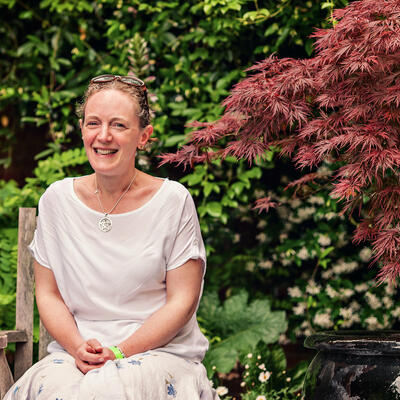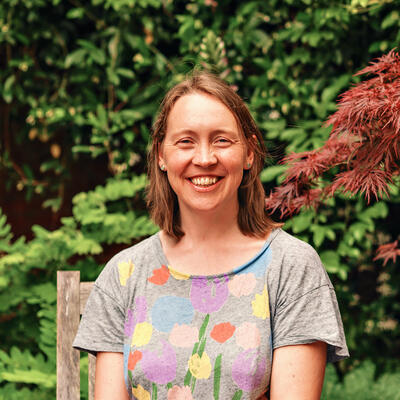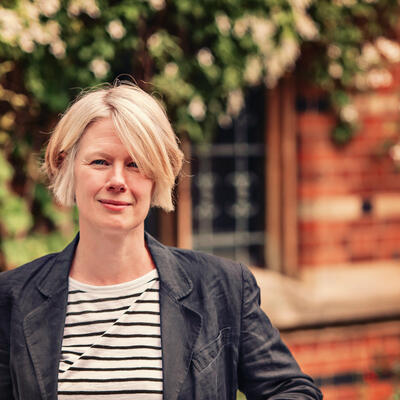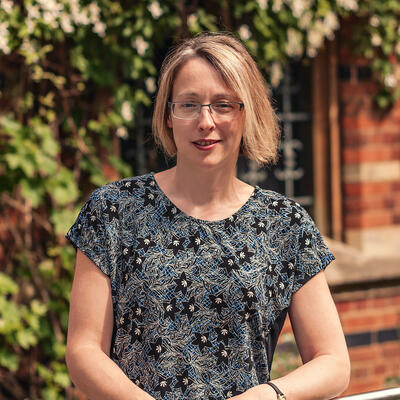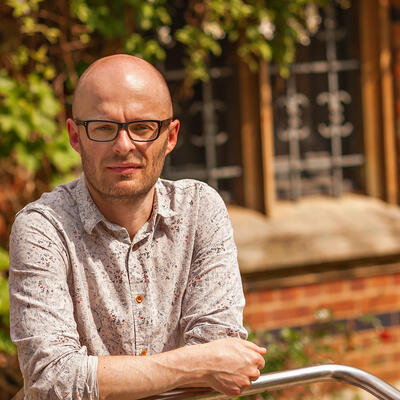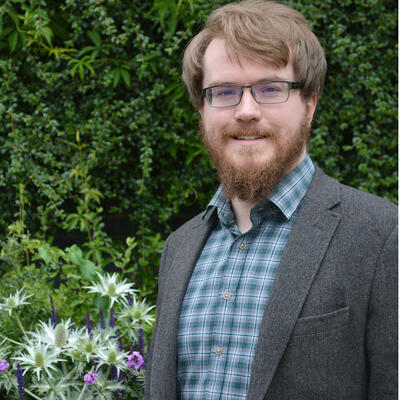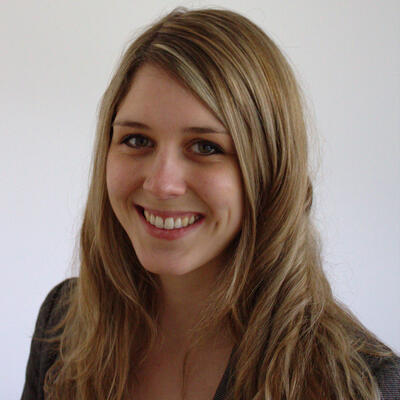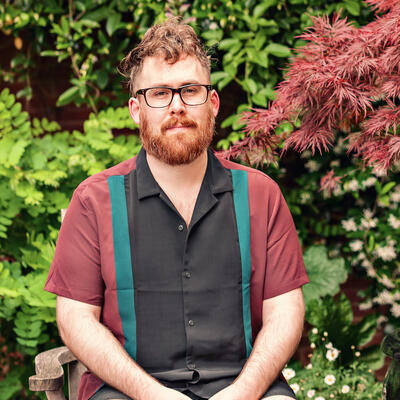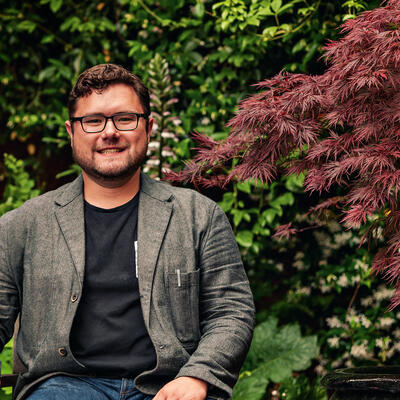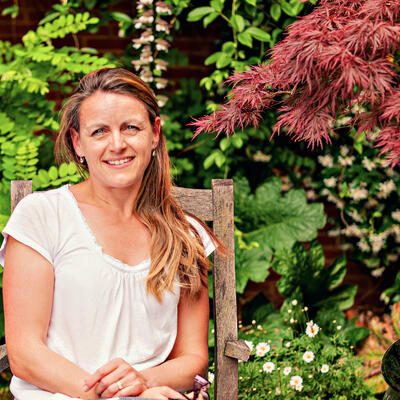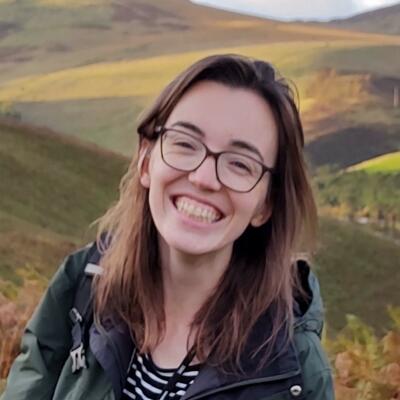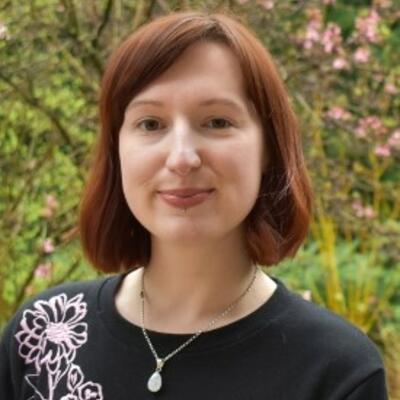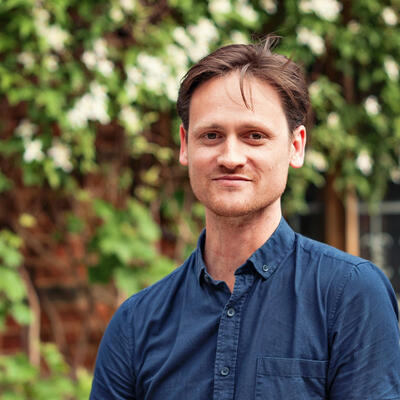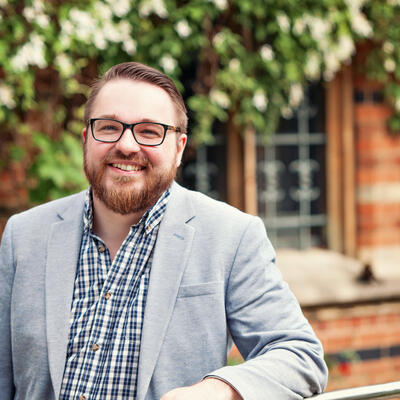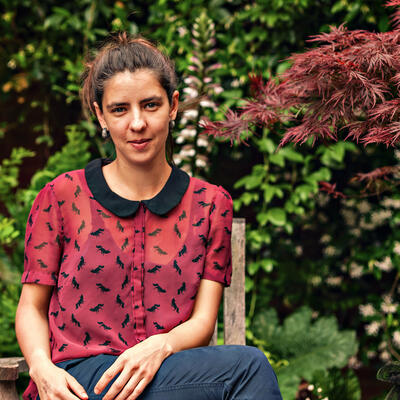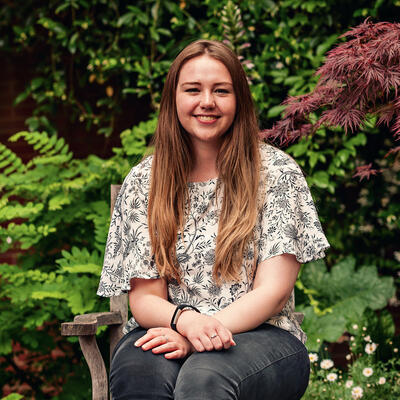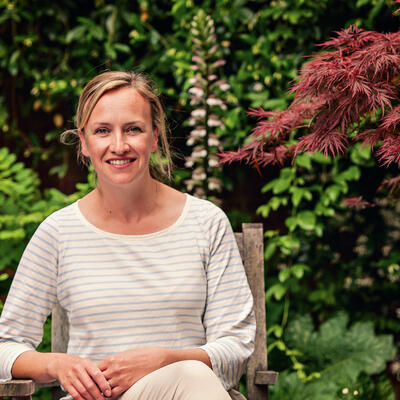The Team
Beth is Professor of Human Geography and Fellow of Keble College, University of Oxford. Her research examines the social implications of scientific innovations in the areas of health, biomedicine and the environment.
Employing a range of qualitative, ethnographic and archival methods, Beth seeks to understand the social, cultural and ethical processes through which humans and animals are made available as experimental subjects for biomedical research.
Previous projects include, Exploring how laboratory animal technologists put ethics into practice (2013-2015, with Dr Emma Roe) and she was a founding member of the Laboratory Animals in the Social Sciences and Humanities (LASSH) network. She is a co-author of Bodies Across Borders (Ashgate) Health Geographies: A Critical Introduction (Wiley-Blackwell) and Bioinformation (Polity).
Emma is Professor of More-Than-Human Geography at the University of Southampton and an Honorary Research Fellow at the School of Veterinary Science, University of Bristol. Emma is a leading trans-disciplinary scholar, with core concerns in more-than-human geographies. She is comfortable working with those outside her discipline (veterinary science, food science, health science, rural studies, anthropology, engineering, the arts, and economics).
Emma has over 20 years of experience studying the bodies, practices and materialities that constitute the spaces of producing, retailing and eating food. Over the last 10 years she has worked on the practices of caring for, breeding and supply of animal bodies used in animal research. Most recently, she has studied the everyday microbial and viral geographies to support the tackling the global challenge of anti-microbial resistance and living through the Covid-19 pandemic. Her work has received research funding from the ESRC, AHRC, the European Commission, the British Academy, the Wellcome Trust, EPSRC and the British Veterinary Association.
She is co-author (with Henry Buller) of the book ‘Food and Animal Welfare’(Bloomsbury Academic Publishing) in 2018. She co-edited (with Michelle Bastian, Owain Jones, Niamh Moore) 'Participatory Research in a More-Than-Human World' (Routledge) in 2017.
Gail is a Professor in Human Geography at the University of Exeter. Her work is located at the intersection of human geography, science and technology studies, and animal studies. Her research seeks to chart the changing geographies of laboratory animal research, support decision-making in complex science-policy contexts, and develop innovative public engagements with science. She has previously published on natural history film-making practices, public engagement around xenotransplantation, international collaborations using mutant mice to understand the human genome, and the use of both artistic and analytic-deliberative methods to engage different perspectives around complex issues in science.
Gail’s work on the animal research nexus involved understanding changing the interfaces between those affected by health conditions and animal research. This built on interests in how translational and personalised medicine are changing the nature of ethics and experiments. Gail Davies was appointed to the UK's Animals in Science Committee in 2013-2019 and chaired the 2017 review of Harm–Benefit Analysis in UK animal research. She is currently on the Steering Committee for the Swiss National Science Foundation programme for Advancing 3Rs, continuing to support opportunities for the social sciences to understand changing social relations around animal research.
Pru is Professor of Science, Medicine and Society at the University of Nottingham. She is a social scientist with expertise in medical sociology, science and technology studies, and veterinary ethics. Pru has significant experience of interdisciplinary working, including with natural scientists, clinicians and wider stakeholders. She has a particular interest in the use of animals as both producers and consumers of medicine, and in issues around technologies including vaccination.
Pru holds a first class MA (hons) in Politics from the University of Edinburgh, and a PhD in Science and Technology Studies from the University of Nottingham. In 2006 she was awarded a Wellcome Trust Fellowship in Biomedical Ethics which involved a Visiting Fellowship at the John F. Kennedy School of Government, Harvard. In 2019 she was a visiting academic at the University of Warwick and holds an Honorary role in the School of Veterinary Medicine and Science, University of Nottingham.
Rob is a Reader in Medical History and Humanities at the Centre for the History of Science, Technology and Medicine (CHSTM), University of Manchester (UK). His work examines the role of nonhuman animals in human cultures, particularly in science, medicine and health. Rob led the historical research stream across the Wellcome Trust Collaborative Award ‘The Animal Research Nexus: Changing Constitutions of Science, Health and Welfare’.
Rob is also investigating how human-animal relations shape and potentially sustain health and wellbeing in society. This research asks how our perceptions of medicine might change if health and wellbeing were thought of as more than human concerns. It explores how medicine has formed various partnerships with nonhuman species, such as the use of maggots in wound healing or assistance animals such as the ‘guide’ dog.
Dr Alistair Anderson
Alistair is a human geographer with interests in interspecies health, relationships between medical and veterinary professionals and the public, and science and technology studies.
His ESRC-funded PhD at the University of Bristol examined pet owners' beliefs and behaviours around antibiotic stewardship. During his PhD, Alistair wrote a parliamentary research briefing for the House of Lords' Library on the potential impacts of the UK's departure from the EU on addressing antimicrobial resistance, and co-authored written evidence regarding diagnostics that was published as part of the House of Commons Health and Social Care Committee's 2018 Inquiry into Antimicrobial Resistance.
Alistair worked on the Animal Research Nexus Programme from 2020 to 2021 as a Research Fellow with Dr Pru Hobson-West at the University of Nottingham to better understand the role of Named Veterinary Surgeons working in animal research laboratories. After AnNex Alistair worked on vaccine hesitancy with Dr Pru Hobson-West as part of the VAX-TRUST project.
Dr Ally Palmer
Ally’s background is in social anthropology and primatology. Her postgraduate research focused on relationships between humans and orangutans, with a particular focus on ethical dilemmas faced by humans who work with the charismatic red ape. Ally’s Master of Arts thesis examined relationships between orangutans and keepers in a zoo in her hometown (Auckland, New Zealand), while her PhD at University College London explored debates about methods and ethics in orangutan rehabilitation and reintroduction: the process of returning traumatised orphans back to the wild.
Ally worked as a postdoctoral researcher with Dr Beth Greenhough and Dr Reuben Message on the Species and Spaces project at the School of Geography and Environment, Oxford, Ally's work looked at those animals used in research in POLES: Places Other than Licensed Establishments, considering how transposing animal research to POLES – such as farms, fisheries, conservation sites, zoos, and veterinary clinics – poses new questions and challenges for human-animal relationships. After AnNex, Ally went on to explore the social and ethical issues that could arise on the way towards Predator Free 2050 at the University of Aukland.
Dr Bentley Crudgington
Bentley obtained a BSc in Marine Biology at the University of Stirling, followed by an MSc in Cellular Pathology at University of Westminster before completing a PhD in Virology at Imperial College London, while working as a veterinary virologist for the Animal Plant Health Agency (APHA).
As a public engagement practitioner, Bentley has devised, implemented and delivered award winning projects across art, science and technology for Wellcome, Imperial College London, Science Museum and the British Council.
Bentley’s role was to develop, drive and facilitate innovative and exciting public engagement on the Animal Research Nexus programme. They have particular interests in queer things, monstrous things, performative roles, living technologies, the creation and destruction of unique ecosystems within biomedical facilities, the human/non-human bond and the role of touch in human/nonhuman communication.
Dr Dmitriy Myelnikov
Dmitriy is a historian of science and medicine with a broad interest in 20th century biomedicine, human-animal relations and the history of science communication. His PhD examined the invention and early adoption of genetically modified (transgenic) mice in the 1980s US and Britain. He has since worked on the history of the Roslin Institute and the cloning of Dolly the Sheep and on the history of Soviet bacteriophage therapy – using viruses to treat bacterial infections.
On the Animal Nexus project, he worked with Rob Kirk at CHSTM (University of Manchester) to elucidate the social, political and scientific context of the passing of the Animals (Scientific Procedures) Act in 1986, and its effects on the practices of lab animal research and welfare. He also explores the effect of transgenic animals on existing lab animal procedures, infrastructures and markets in the 1980s and early 1990s. Dmitriy is now continuing his work in the Department of History and Philosophy of Science at the University of Cambridge.
Fiona French was the Project Administrator and based at the University of Exeter. Fiona has over 15 years of experience working in the Higher Education sector, having previously worked in student support roles across several disciplines. Fiona’s role within the project was to provide administrative support across the 5 project strands and is the first point of contact for all administration related queries. She was also the resident photographer. We would not have managed to make such a large programme work without her calm support throughout. Thank you Fiona!
Dr Gabrielle King
Gabrielle is a social scientist with interests in various aspects of health and lived experience, and the interactions between those affected by diseases and research. Her PhD at the University of Edinburgh explored how people affected by the progressive condition Motor Neurone Disease encounter and experience engaging with biomedical research.
As part of the Animal Research Nexus project, Gabrielle worked with Professor Gail Davies at the University of Exeter to develop and share outputs surrounding patient involvement in animal research.
Gabrielle worked at the University of Edinburgh developing initiatives around widening participation and inclusive cultures and in the civil service. She is currently involved in research and policy work within the third sector.
Dr Renelle McGlacken
Renelle completed her PhD in the University of Nottingham's School of Sociology and Social Policy in 2021. As part of the Animal Research Nexus, she analysed writings from the Mass Observation Project, a national life-writing project in the UK, to explore how animal research is related to in everyday life. The thesis troubled notions of 'public opinion' as a phenomenon which can be objectively measured, monitored, and correlated with levels of support or opposition and instead emphasised the contingency and complexity of understandings of animal research.
After her PhD, Renelle focused on relations between publics and animal research professionals. She was particularly interested in imaginations of laboratory professionals and publics, representations of laboratory professionals in public-facing materials, and themes of trust, accountability, advocacy, and solidarity. Most importantly, this project provided further possibilities to help foster public dialogue around animal research which is meaningful for both those who work in the field and wider publics.
In 2023, Renelle started a new role as Senior Scientific officer in the RSPCA's Animals in Science Department. Renelle's role will examine sociocultural barriers to, and opportunities for, increasing the uptake and acceptance of non-animal alternatives in scientific research.
Dr Reuben Message
Reuben was a postdoctoral research assistant working on the AnNex project ‘Incorporating new species and sites’ with Dr Beth Greenhough at the School of Geography and the Environment, Oxford. With particular research interests in things fishy, Reuben focused on the introduction of zebrafish into laboratories, exploring what their growing prominence in science meant for practices of ethical review, the 3Rs, animal care and public engagements with animal research.
Originally from South Africa, Reuben completed a PhD in Sociology at the London School of Economics in 2016. His thesis examined 19th century aquaculture techniques through the lens of the social studies of reproduction, arguing that these techniques constituted an early kind of ‘artificial reproductive technology’. Reuben went on to work as Research Fellow in Responsible Research and Innovation at the University of Edinburgh.
Dr Rich Gorman
Rich completed his PhD in human geography at Cardiff University in 2017, investigating the social and ethical implications of incorporating animals within various caring and health-promoting practices. Rich worked as a postdoctoral research fellow at the University of Exeter on the Wellcome Trust Animal Research Nexus project from 2017-2020, exploring practices of patient involvement around animal research, particularly working with patients and carers to explore their lived experiences of health and illness, and what it means to be ‘involved’ in research that they may find ethically challenging. Rich is now researching ethical preparedness in genomic medicine at the Brighton and Sussex Medical School.
Dr Sara Peres
Sara worked on the AnNex programme in Geography and Environment at the University of Southampton, exploring what the breeding, supply, and archiving of laboratory animals can tell us about the economies of animal research. Her broader research interests lie in applying STS and Human Geography perspectives to the study of biobanks in order to understand the relationship between the circulation of biological materials and the political economies of science.
Sara's previous research focused on how agricultural seeds are banked and circulated for conservation purposes for her PhD (UCL, 2017), the history of seed banks, and uncertainty in public health emergencies. Educated to postgraduate level in genetics, Sara has experience of basic and clinical research environments, has worked at a science museum, and remains keen on public engagement activities. Sara Peres currently works as a data manager for a clinical trials unit.
Dr Tess Skidmore
Tess completed her undergraduate education at Lancaster University, graduating with a First Class BA Geography degree in 2016. Whilst there, she became interested in policy-making processes in controversial areas, particularly how socio-ethical issues manifest in human-animal relations. Tess completed her Masters at the University of Bristol in 2016-17, before moving to Southampton to complete her PhD in ‘The Changing Policy and Practice of Laboratory Animal Rehoming’ which she successfully passed in April 2021.
Tess worked on Project 3 of the Wellcome Trust Animal Research Nexus Programme, investigating the extent to which a ‘culture of care’ can be continued throughout all life stages of the research animal, both inside and outside of the traditional ‘laboratory space’. Tess moved on from AnNex to work on media and stakeholder communication campaigns for the horticultural sector.
Dr Vanessa Ashall
Vanessa is an interdisciplinary health researcher and qualified veterinary surgeon, interested in the meaning and significance of human-animal relationships in the context of health and medicine. Vanessa worked on the Animal Research Nexus programme from 2017 to 2019. She is now Senior Research Fellow at the University of York, where she is working on interspecies entanglement and end of life care.
